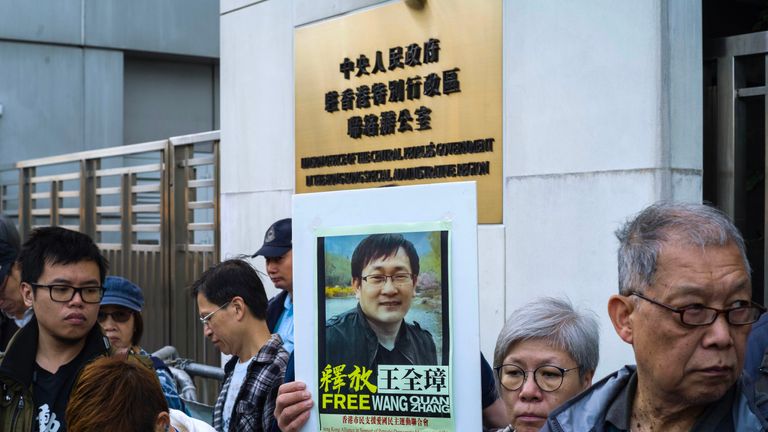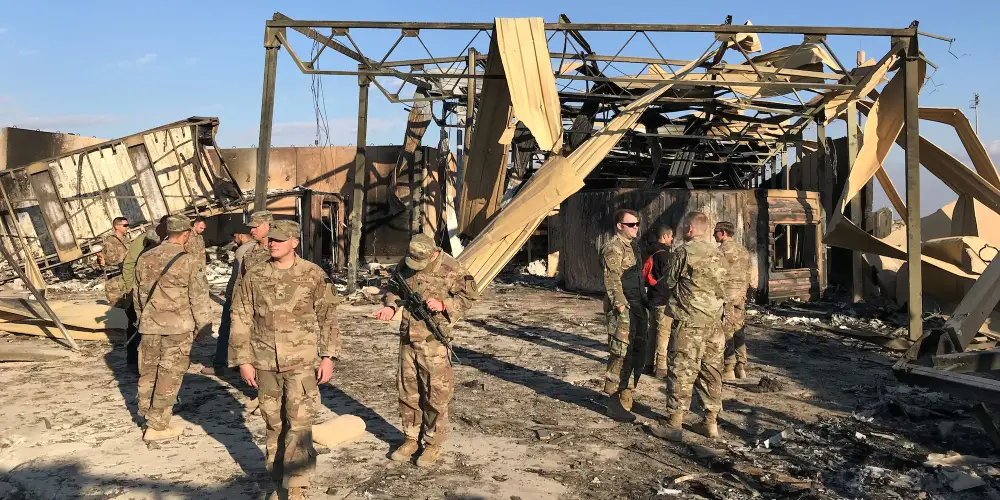Ten years after one of the harshest legal crackdowns in Chinese history, China human rights lawyers are speaking out again. In 2015, the Chinese government detained or interrogated over 300 lawyers and legal activists in what became known as the “709 Crackdown.” Now, a decade later, many of these lawyers—some exiled, others still monitored—are breaking their silence.
Their testimonies reveal continued repression, disbarment, and harassment, but also a fierce determination to defend civil liberties in China, despite the immense risks.
What Was the 709 Crackdown?
The 709 Crackdown, named after the date it began—July 9, 2015—targeted China human rights lawyers who were vocal in defending clients accused of political crimes, religious persecution, or land rights activism. Many were detained without trial, subjected to forced confessions, or placed under long-term surveillance.
The crackdown sent a chilling message across China’s legal community: challenging the state could come at a great personal cost. Some lawyers disappeared for years, while others lost their licenses permanently.
A Decade of Silence, Fear, and Persistence, China’s human rights lawyers Speak Out
Although state pressure silenced many of the China human rights lawyers, some have begun to resurface—writing memoirs, giving interviews, or working from abroad. One exiled lawyer, speaking anonymously, said:
“We were not defeated. We adapted. We found other ways to keep fighting.”
Others, still inside China, share updates through encrypted channels or underground legal networks. Their courage highlights the growing underground resistance to authoritarian legal control.
Global Reactions and Calls for Accountability China’s human rights lawyers Speak Out
Groups like Amnesty International and Human Rights Watch marked the 10-year anniversary with fresh calls for justice. They urge Beijing to reinstate law licenses, free detained lawyers, and commit to international legal standards.
The China human rights lawyers crisis highlights a deeper issue. Authoritarian regimes often use legal systems to control dissent, not protect rights. The global legal community continues to advocate for these individuals, even as Beijing tightens its grip.



